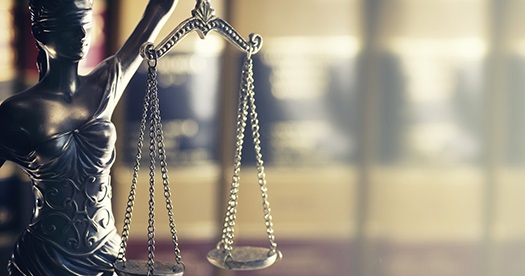The State Disciplinary Board and Its Functions
The State Disciplinary Board is made up of volunteers who are appointed by the Supreme Court and the State Bar president for three-year terms. The lawyer members are assigned individual grievances to investigate, and the group serves almost like a grand jury that determines whether there is probable cause to believe that a lawyer’s conduct violated the Georgia Rules of Professional Conduct.
The Board’s work begins when the respondent lawyer is served with a Notice of Investigation. The Notice lists the specific rules that are involved in the investigation and must be served on the lawyer in accordance with the Bar Rules. The Respondent lawyer must submit a sworn, written response to the Notice of Investigation within 30 days after service. If the lawyer does not respond and if the lawyer is accused of violating a rule that carries a penalty of disbarment, the Board may recommend that the lawyer be suspended from practice until the lawyer files a response. These “interim suspensions” are based solely on the lawyer’s failure to cooperate with the investigative process and not on the merits of the underlying case.
The Board member who is assigned to a particular investigation is responsible for gathering the information necessary to make a probable cause finding. They may also issue subpoenas for necessary documents, such as bank records. The Board meets at least eight times per year to consider cases.

